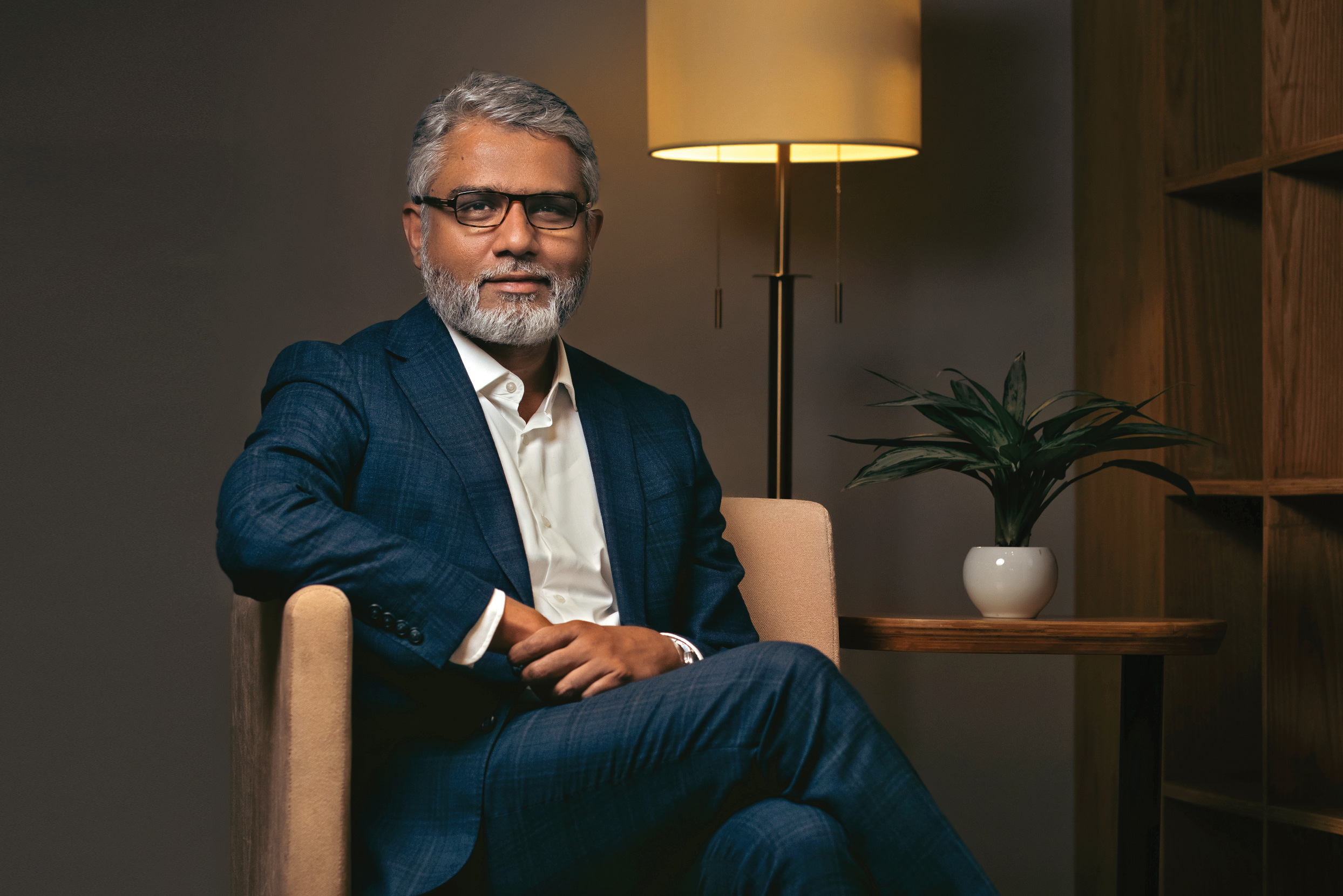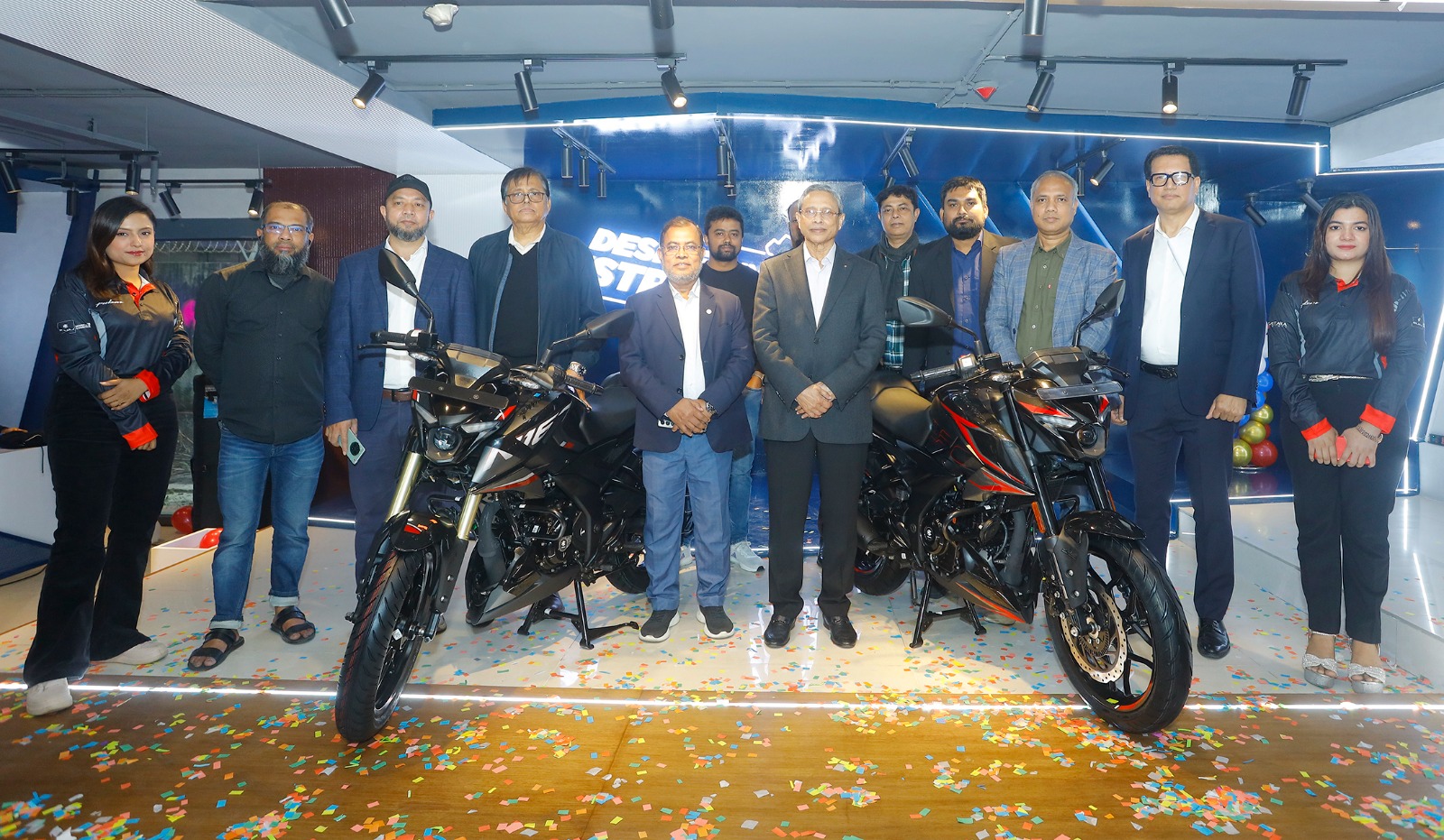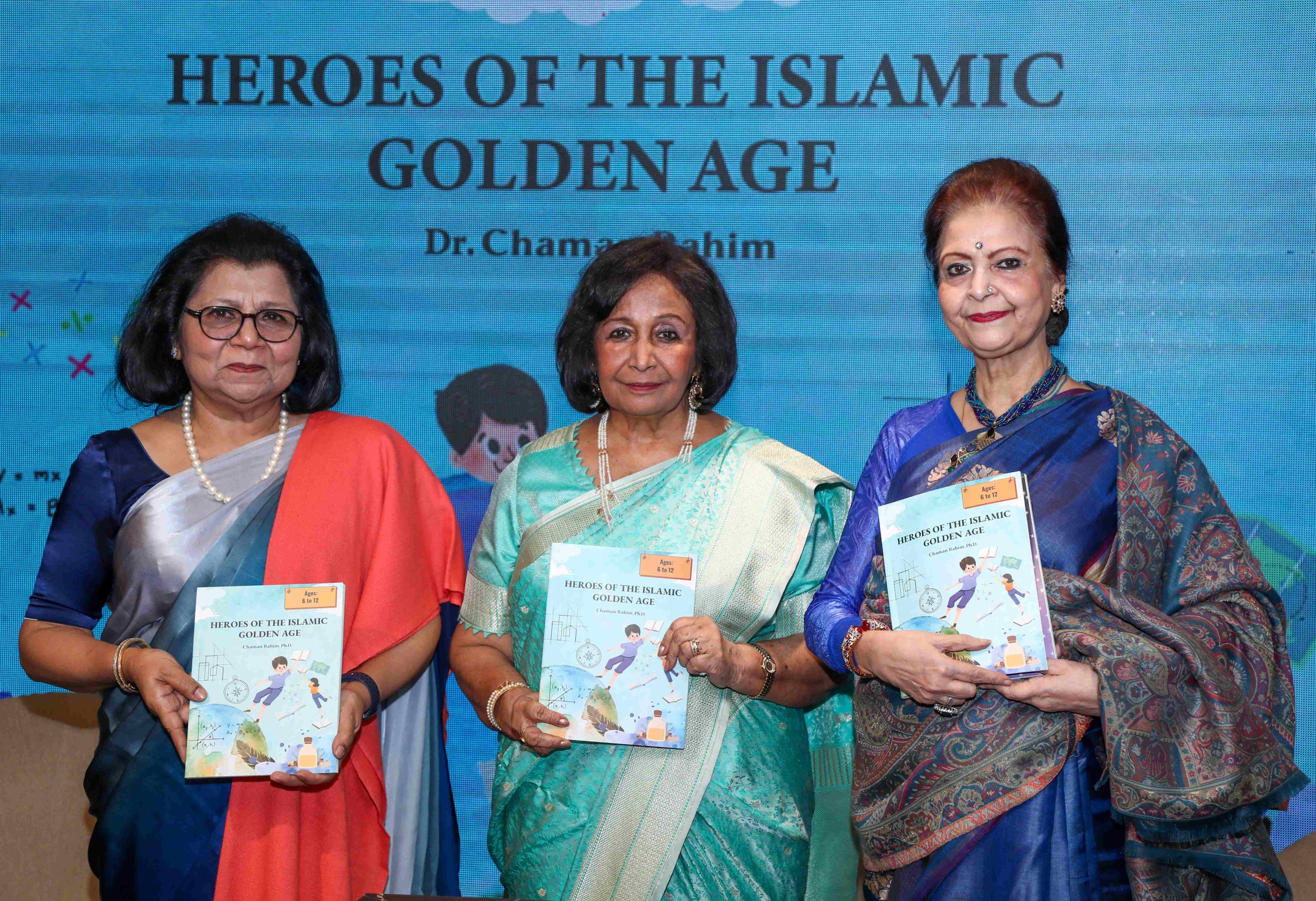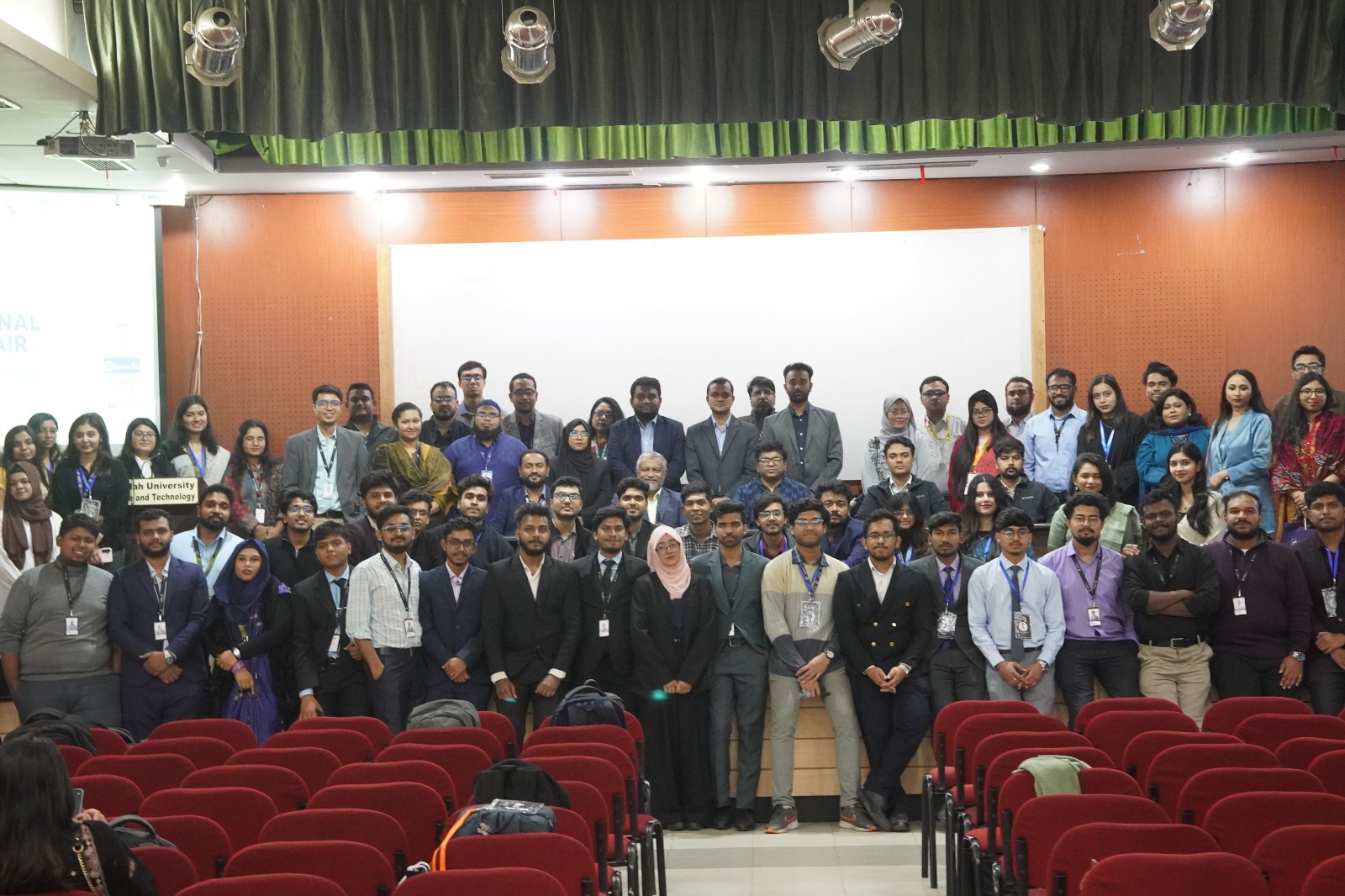Driven by innovation and a commitment to language inclusion, Zubair Ahmed, CEO of Hishab, aims to bridge the digital divide in Bangladesh and position the nation as a leader in Conversational AI.
What inspired you to establish Hishab and focus on Bengali language services?
The dream behind Hishab was simple: to make technology accessible to everyone, regardless of their technical skills. Imagine software that adapts to you, learning your needs and responding naturally, like a helpful assistant. We realised that spoken language held the key. However, Bengali, like many other languages, lacks the abundance of online and offline resources needed to train AI effectively. This data scarcity is a common challenge for many languages. With few others tackling this issue, we decided to be the pioneers.
It was a significant undertaking, requiring a substantial investment to collect and process the massive amount of data needed. But we were determined, and finally, in late 2023, we launched our Bengali speech recognition system, boasting accuracy 33-40% higher than Google’s, depending on the context.
Ultimately, Hishab’s mission has always been to bridge the digital divide. We offer an inclusive solution, empowering everyone, regardless of background, to participate in the digital world through spoken language.
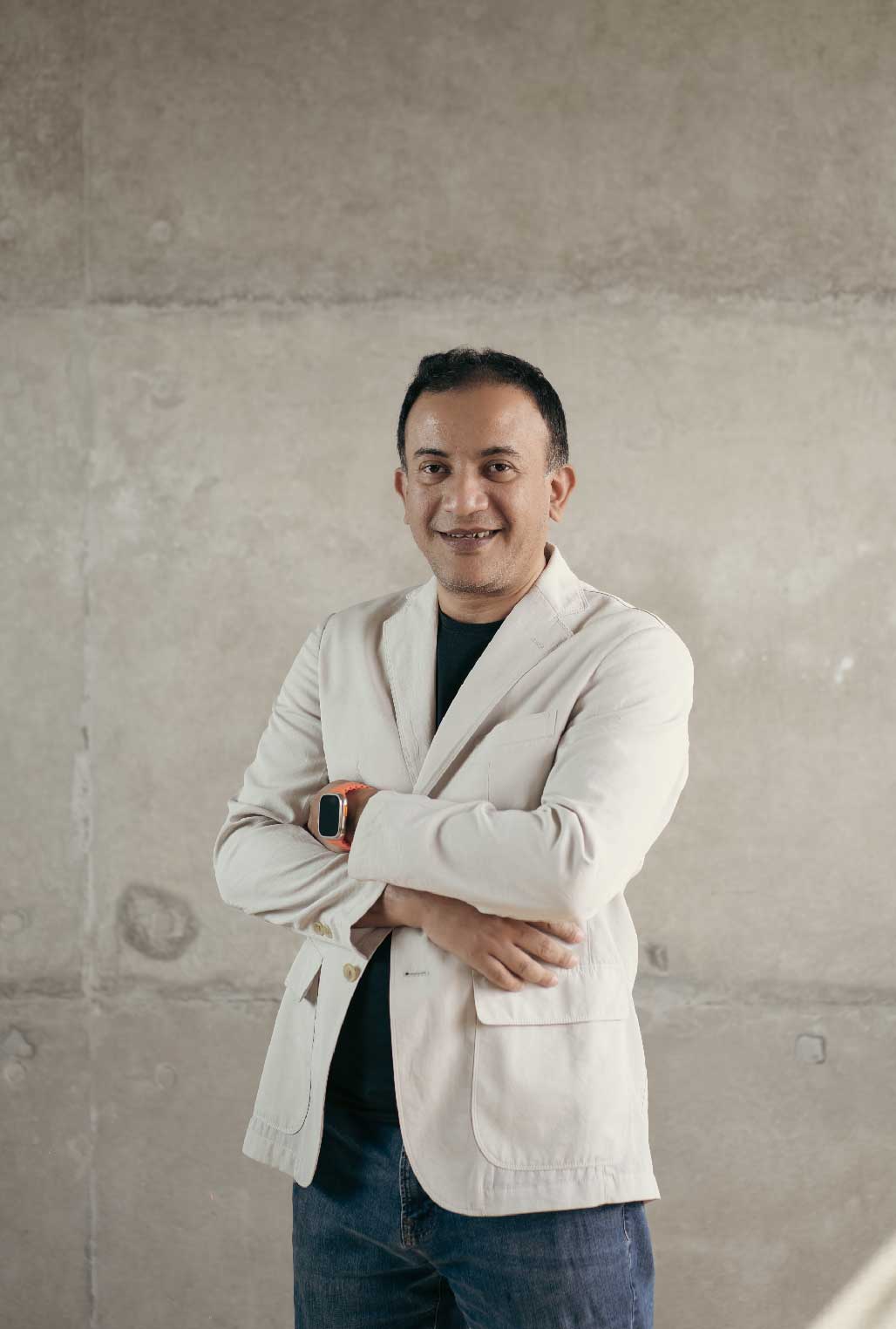
CEO
Hishab
What are the components of Hishab’s voice-based services?
At Hishab, we’re building the future of voice interaction in Bengali. This ambitious vision relies on three key components, seamlessly working together to create a natural and powerful user experience.
The first component is speech recognition. Beyond simply understanding spoken words, it involves capturing the nuances and subtleties of natural Bengali language. Our system is meticulously trained to recognise various accents, pronunciations, and even informal speech patterns, ensuring accurate comprehension in real-time conversations.
Next comes text-to-speech. Our proprietary text-to-speech engine achieves the natural flow, emotion, and intonation of a native Bengali speaker. We’ve invested heavily in developing this technology, and it’s poised to be released within the next 3 months.
Finally, context awareness plays a crucial role. We’ve built a massive language model, trained on an extraordinary 1 trillion data tokens (roughly 3 trillion words), with a significant portion dedicated to Bengali. This vast dataset fuels our generative AI designed specifically for the Bengali language. This groundbreaking technology, the first of its kind for Bengali, is expected to be available by the end of June.
Why aren’t more AI companies investing in Bengali Large Language Model (LLM) and what makes Hishab’s approach to LLM unique?
It’s because the challenge is enormous. Even companies like Google are struggling to deliver a Bengali telephony-driven speech recognition system. For LLMs, Bengali is a low-resource language, and the user base is not large enough to focus investments on it.
But that’s not how we see it. We invested over BDT 100 crore in just collecting and processing data for our LLM. There are not many companies around the world that invest that much into R&D but this was important to us for two reasons.
First, Bengali is a beautiful language which has made its mark in the world. Our language movement of 21 February is observed worldwide as International Mother Language Day. This brings us to the second reason: Hishab wants to put Bengali as the first digital language that automates processes regardless of digital literacy. Our LLM will be applied to systems which would make technology accessible to everyone regardless of the digital divide.
What makes Hishab stand out is that we possess a distinct advantage: a patented data retrieval process crucial for user interaction. When a user prompts an LLM, it gathers information from multiple sources to generate a response. Hishab holds a global patent on this core aspect, covering 23 countries. Utilising our patented technology is essential for operating an LLM, effectively granting us a leading edge in this rapidly evolving field. This positions both Hishab and Bangladesh at the forefront of AI innovation, shaping the future of this transformative technology.
Hishab wants to put Bengali as the first digital language that automates processes regardless of digital literacy. Our LLM will be applied to systems which would make technology accessible to everyone regardless of the digital divide.
How can Hishab succeed in a country with a significant digital divide and low digital literacy?
Bangladesh faces a vast digital divide, with only 6% of the population demonstrating independent digital literacy according to USAID, BRAC Research Institute, and GSMA data. Even assisted digital literacy, relying on external help, is limited to 17%. For many, navigating digital services remains a major barrier.
Instead of waiting decades to improve overall digital literacy, Hishab offers a unique solution: removing it from the equation entirely. Our voice-based services require only the ability to speak on a phone, something nearly everyone in Bangladesh possesses. Users simply give voice commands, and our AI handles the rest.
This approach eliminates the need for complex digital skills, making essential services accessible even for those with limited literacy. Whether checking information, paying bills, or booking appointments, voice interaction empowers everyone to participate in the digital world.
How does Hishab’s work align with the government’s initiatives to improve Bangladesh’s ICT efforts?
Bangladesh’s ‘Digital Bangladesh’ and ‘Smart Bangladesh’ visions aim to make information accessible online. While this digitisation is crucial, accessibility remains a major hurdle. With 58,000 government websites and limited public awareness, even basic services are difficult to find. This digital divide excludes many, especially those without internet access or technical skills.
Hishab tackles this challenge head-on, believing voice can bridge the gap. Instead of struggling with websites, imagine simply asking for information using your voice. This empowers everyone, regardless of technical skills, to access vital information.
Our first step was a pilot with the national non-emergency hotline (333). Now, anyone can call and ask questions, receiving immediate answers from our AI 24/7, eliminating the need for human agents. This successful pilot paves the way for a wider launch with the government by February.
How does Hishab contribute to the digital banking landscape and promote financial inclusion?
The Bangladesh government is issuing digital banking licenses to combat corruption and stimulate economic growth. By increasing digital transactions, the government estimates potential GDP growth of 1.5% to 3%. Expanding access to digital banking services is crucial, but the digital divide remains a major obstacle.
This is where Hishab comes in. By removing the need for digital literacy through voice-based interaction, we enable everyone to access digital banking services directly from their phones. This eliminates the need for extensive branch networks and empowers even those less comfortable with smartphones and apps to participate.
Moreover, Hishab’s AI can provide a crucial layer of customer support, guiding users through the process and addressing their concerns. This removes a major barrier for many hesitant to adopt mobile financial services, further promoting financial inclusion.
Photograph by Shihab Mohammad










